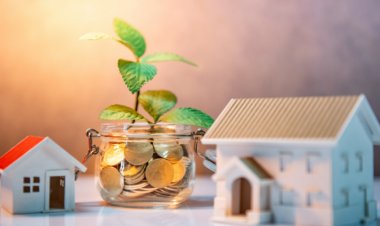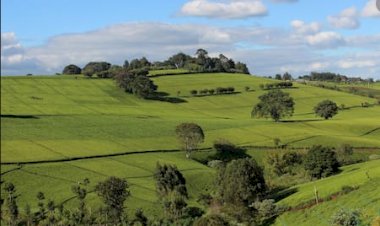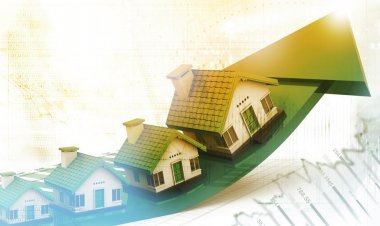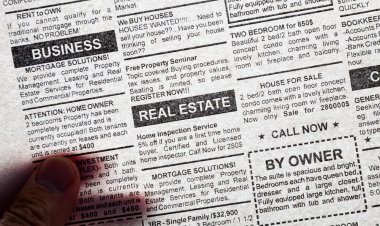How Climate Change affects the Real Estate Sector
Climate change refers to long-term shifts in temperatures and weather patterns. Furthermore, climate change disrupts people’s livelihoods and communities.

Climate change keeps evolving. The adverse effects of climate change do affect many sectors and real estate is no exemption. It is imperative that we understand what climate change means. Climate change refers to long-term shifts in temperatures and weather patterns. Furthermore, climate change disrupts people’s livelihoods and communities. These climate change factors include the following:
Increased risk of weather events
Due to climate change, adverse weather patterns, drought, hail storms, windstorms, sandstorms, and floods, these risks will rapidly shift housing patterns for homeowners. People will desire to live in safe locations where weather patterns won’t largely affect their normal lives. Increased weather events are catastrophic and cost homeowners a fortune as we shall get to find out. In essence, weather and climate to a large degree determine how we stay warm, how we stay comfortable, what modes of transportation we use, what type of clothing we wear, what types of food we can grow and eat in an area and the insurance to consider in case the adverse effects of climate change are unavoidable.
Rising homeowners cost
The cost of living has been on an upward trajectory due to the scarcity of resources and a rapidly increasing population. Due to scarcity of resources, unfortunately, it is survival of the fittest. Mortgage rates will increase to cater to unwanted climate change. In locations where the weather is rapidly worse, prices of property will steep or clients will get the property owner once their safe living standards are guaranteed. In these locations where weather is adverse, building materials are expensive. For instance, an individual has purchased a home after floods ravaged the apartment; renovation costs will spike to revert the home’s status to the original status. Additionally, insurance rates might be higher in consideration of what is to be insured or is undercover.
Building materials are expensive
Due to deforestation, timber for construction becomes less available. In areas where deforestation has not been tolerated, timber prices are high. The conservation of the environment in the areas where properties will “exist” isn’t about the space of building homes but importantly the quality of air circulation in such an environment. Middlemen take advantage of weather conditions that aren’t conducive so that supply chain dealings riddled with corruption grow roots and building materials are sourced for such an exorbitant price. Due to inflation, the lower economic status would mean not all building materials will be afforded.
As the weather events become worse and unpredictable in the future, many properties in high-risk areas are expected to decline in value. This will cause many homeowners to lose equity and worse, end up selling their homes for a lesser price.
Lack of available housing:
Slums and their incredible congestion rates make available housing a herculean task. Property in the hillside and forest may be exposed to fire. Higher temperatures make the conditioning of the property expensive. Rising levels of wind, rain, and flooding reduce housing options. Adverse weather patterns would ideally make case for a decline in the popularity of housing in specific regions.
Some of the solutions to deal with adverse climate change in real estate include:
Going green in terms of environment conservation, usage of fire-resistant materials in building and repair of property, fire insurance, general property insurance, heat resistant materials in rising temperature zones just to mention but a few.
Although these climate change factors won’t necessarily vanish, the homeownership choice and solutions should always be in regards of best scenario when the weather is perfect and the worst-case scenario when the weather patterns are unbearable.
If you have a real estate press release or any other information that you would like featured on African Real Estate Blog Post do reach out to us via email at [email protected]



























![4 Indigenous Tribes Living in Huts in East Africa [PHOTOS]](https://realestateblogpost.com/uploads/images/2023/06/image_380x226_6482dd8b5c94a.jpg)



